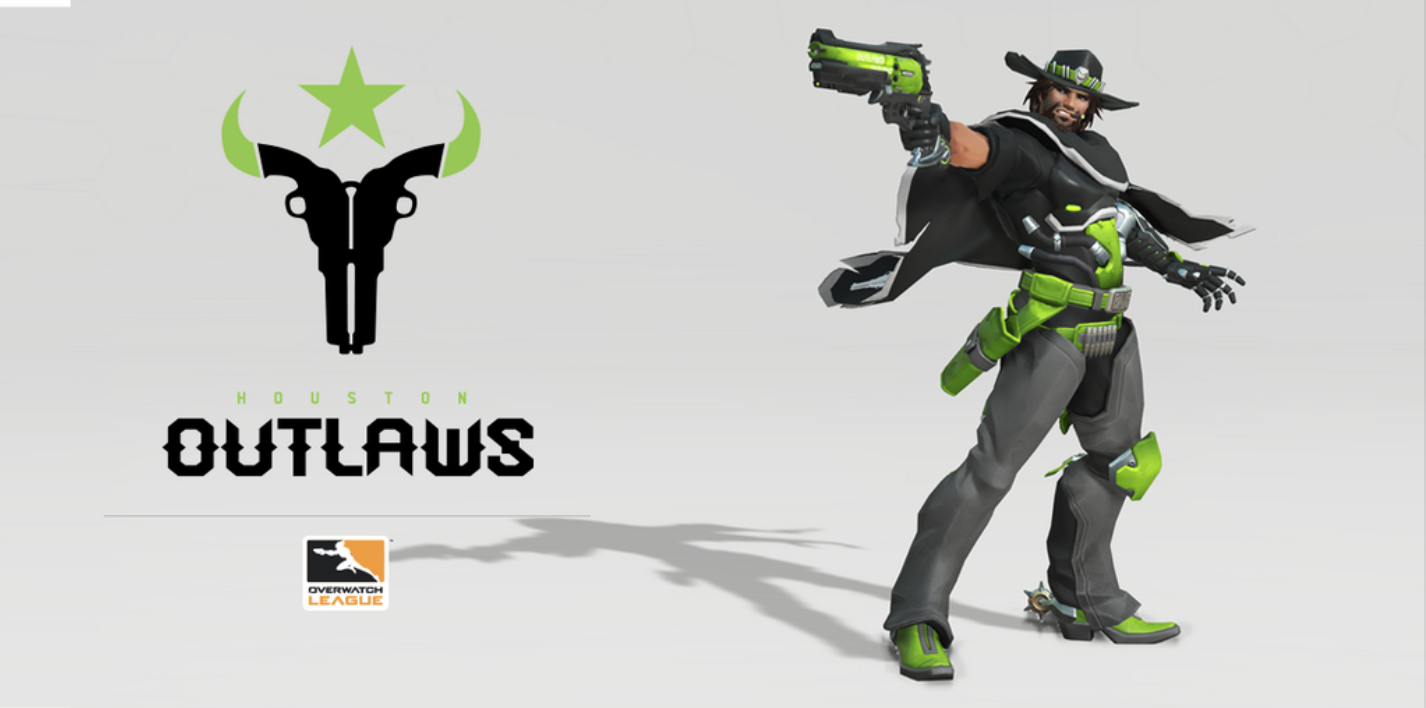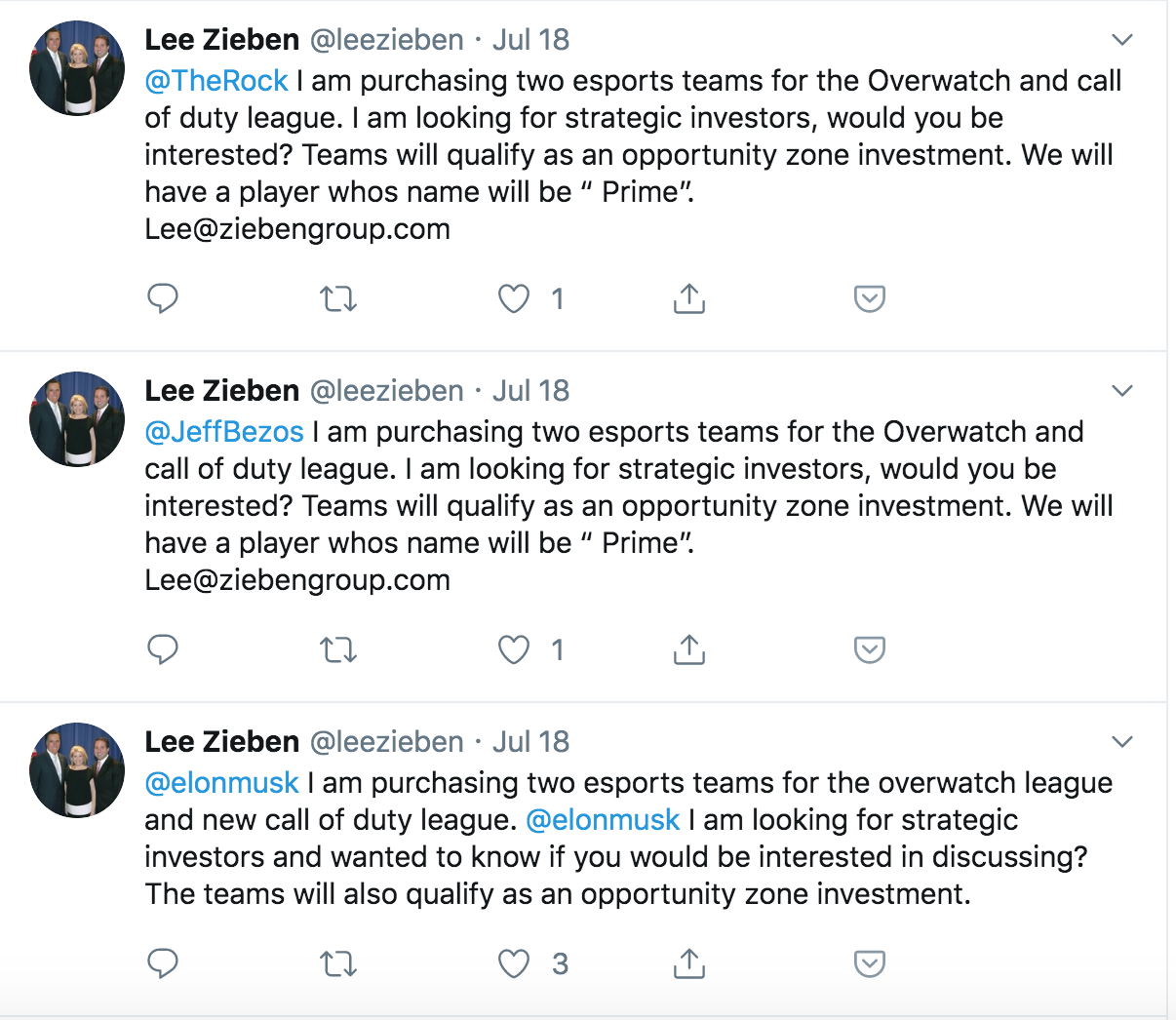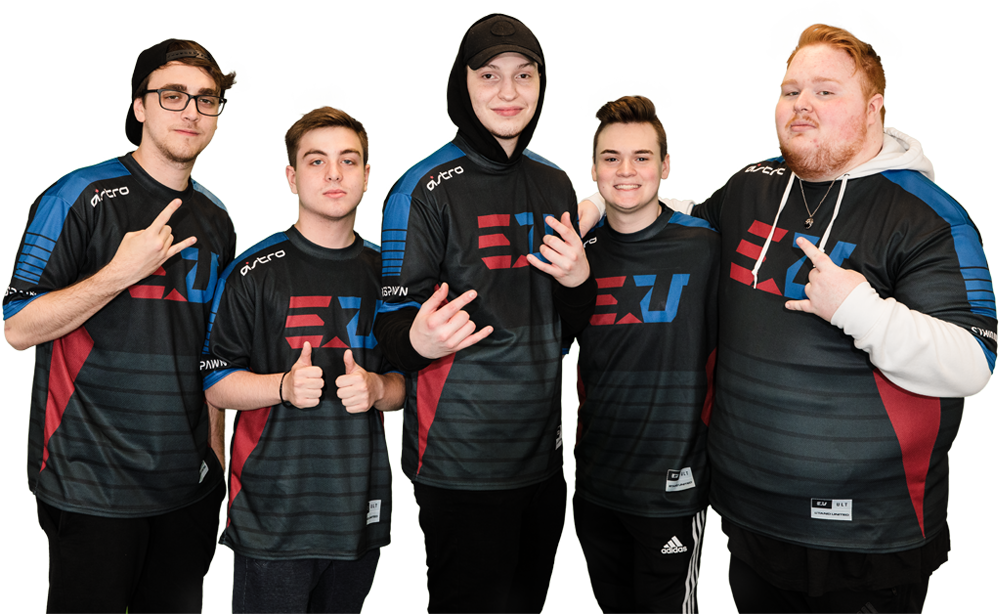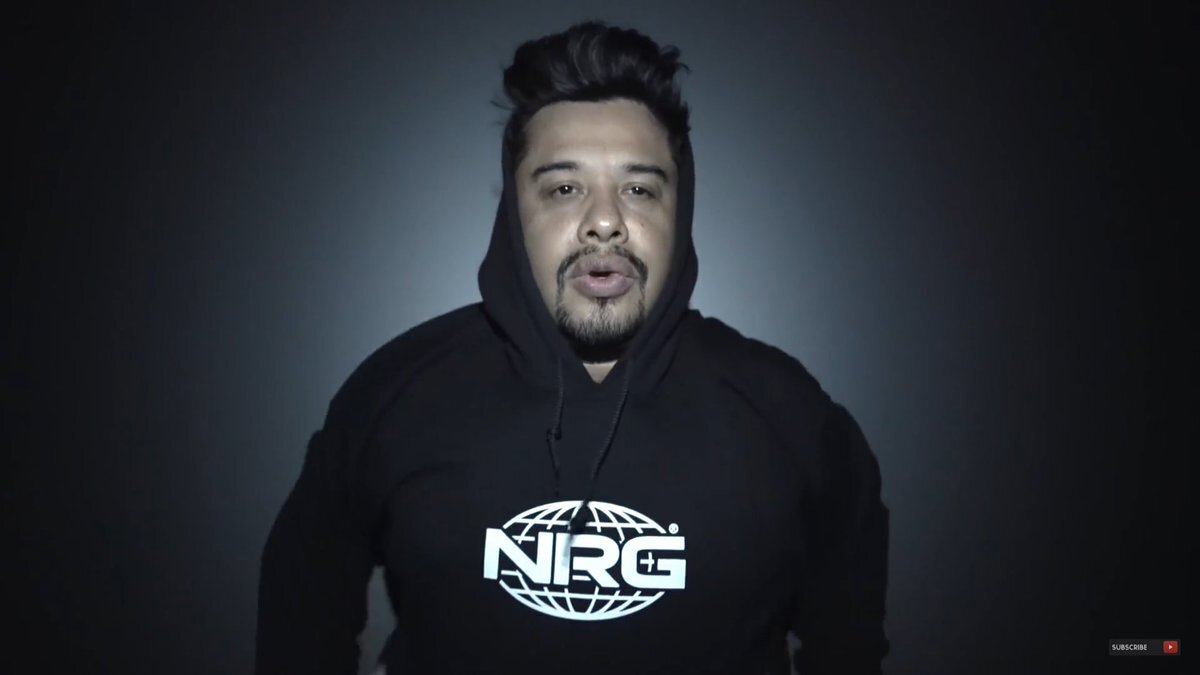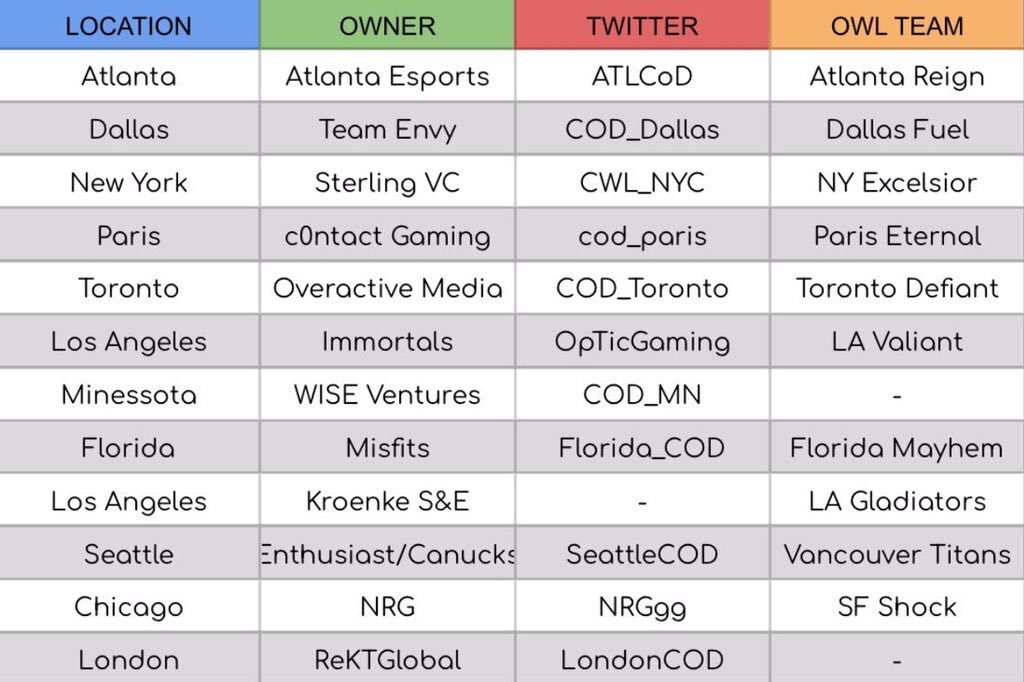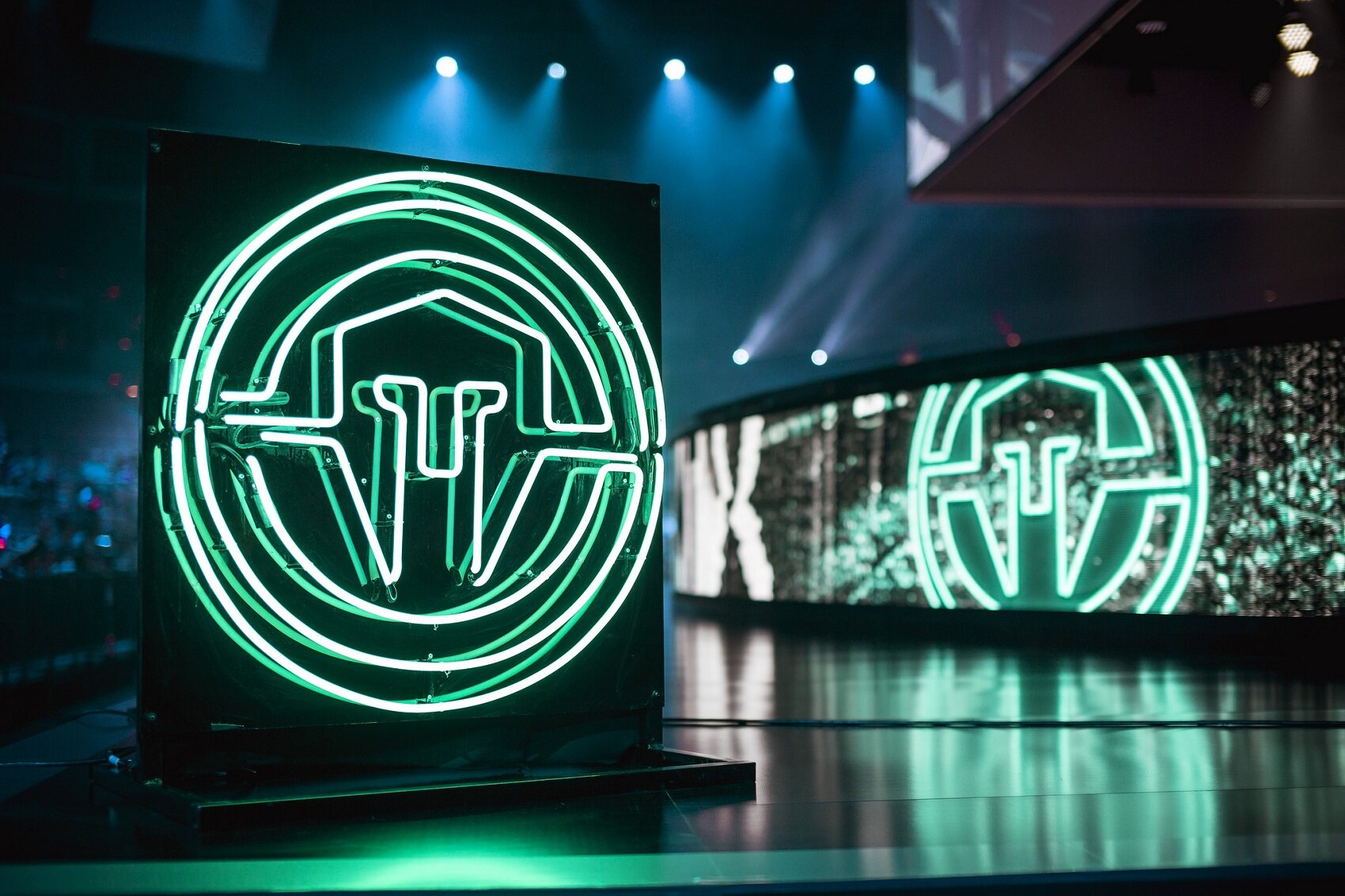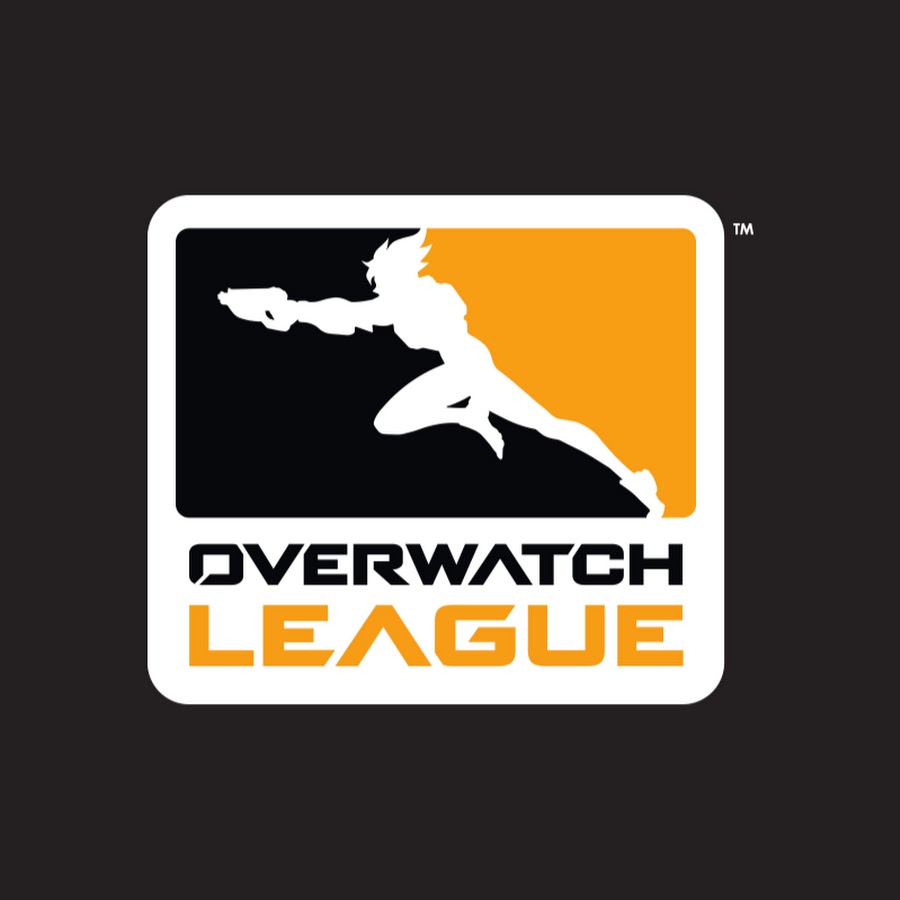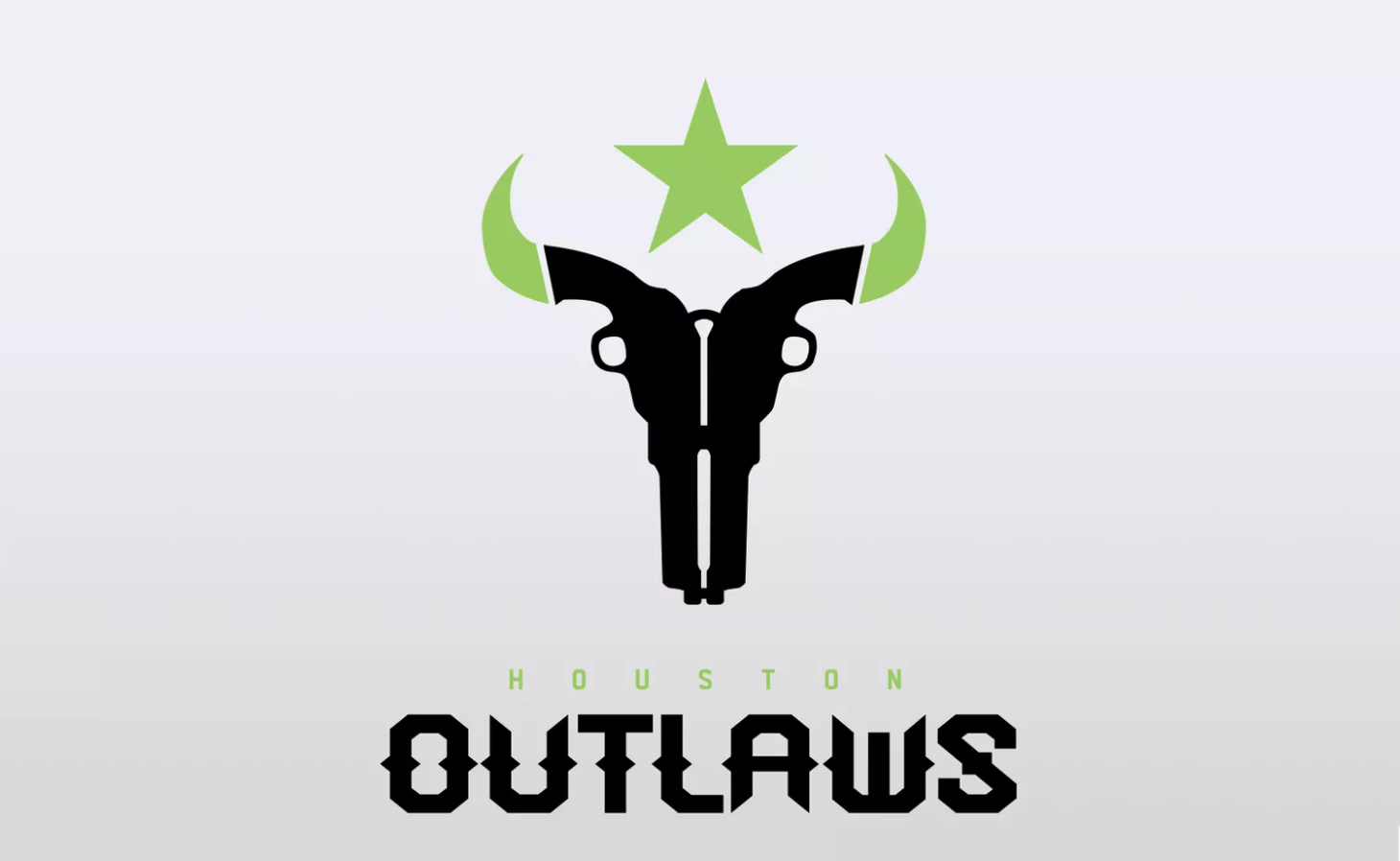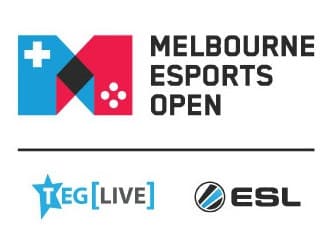TNL Take: Now that the dust has settled on Activision-Blizzard’s second season of the Overwatch League, let’s take a look back at what this next iteration showed us.
THE GOOD
Expansion: Overwatch League went from its original 12 teams and added another 8 - with 6 of them being International and 3 of them in China (Chengdu, Hangzhou, Guangzhou). Activision-Blizzard CEO Bobby Kotick has said all along that he wants to build an international franchised league and the expansion teams clearly reflected this strategy.
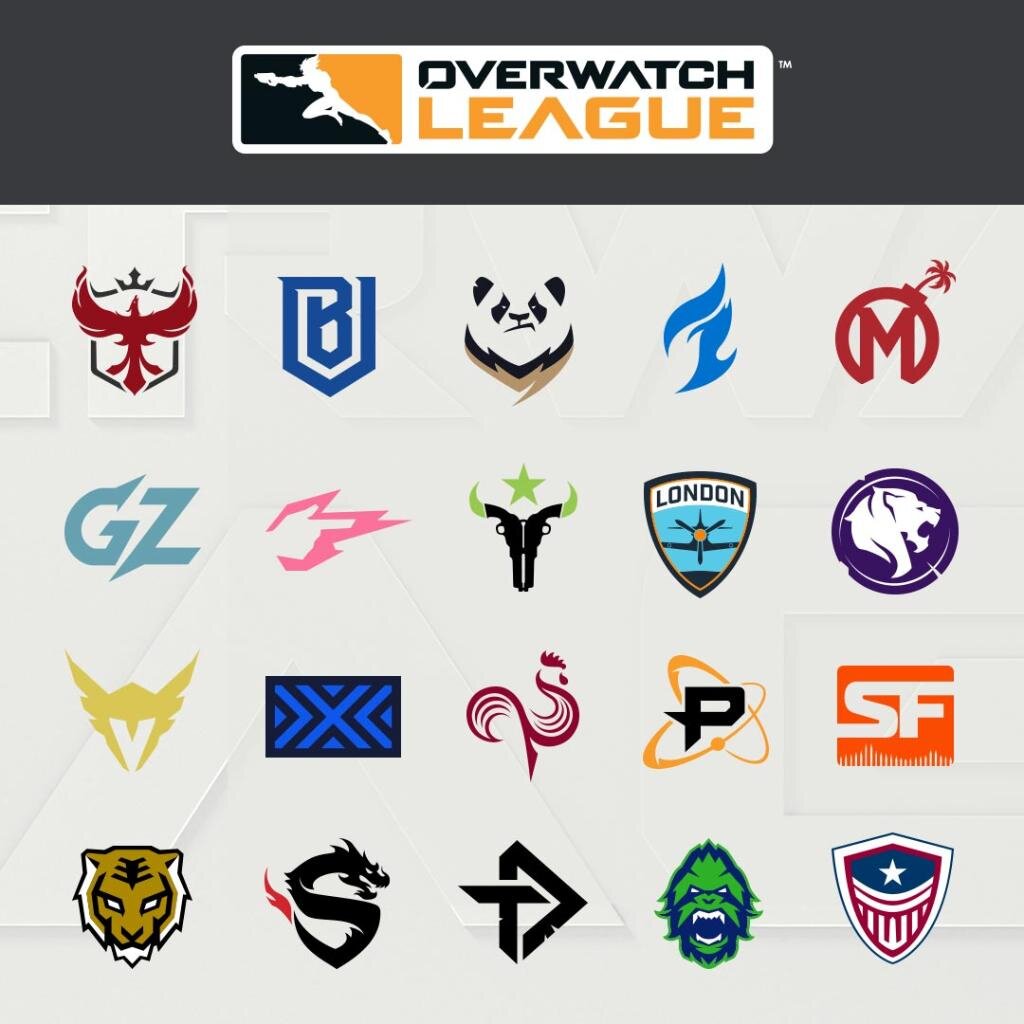
(Image: Activision-Blizzard)
Homestands: Overwatch League’s Season 1 was played at Blizzard’s Arena in Burbank. For Season 2, there were 3 “homestands” in which the local team hosted a weekend of play that took place in Atlanta, Dallas and Los Angeles - of which the first two cities sold out tickets.
Sponsors: Without having any metrics or data to provide brands, Activision-Blizzard still managed to attract 5 sponsors for the inaugural season: HP, Intel, Toyota, T-Mobile and Sour Patch Kids. Season 2 saw the first 4 brands return in addition to multi-year deals and new additions from Coca-Cola, State Farm, Anheuser-Busch InBev, and Kellogg’s.
Coca-Cola’s deal was the deepest not only due to length (3 years) but covering all OWL properties and teams. They even introduced individualized team branded bottles for sale on their website.
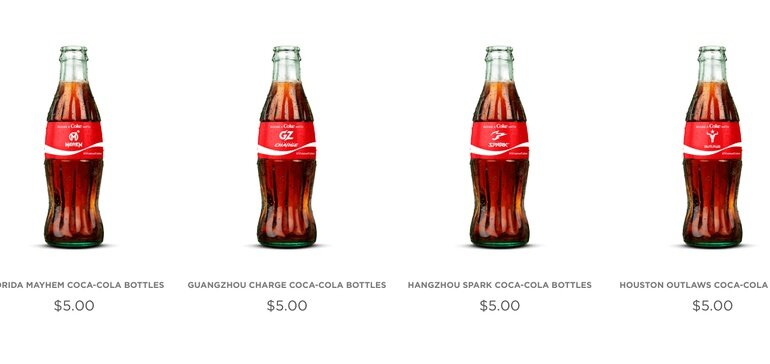
(Image: Coca-Cola)
TV: While the first season saw Activision-Blizzard sign a multi-year agreement with both Twitch and Disney’s network of channels (ESPN, Disney XD, and ABC), Season 2 saw 4 programs on the channel with the most distribution: ABC.
AMA METRIC: You already know how I feel about the use of consistent metrics in esports reporting and Activision-Blizzard was one of the earliest to get on board with the use AMA or Average Minute Audience. This universal metric should help arm their sales team for further brand partnerships in Season 3.
HOURS WATCHED: Based on data from Stream Hatchet, this is one of the brightest spots for Overwatch League’s Season 2 - a 22% increase in the total number of hours watched (which includes Re-Broadcast). While there were more total games in Season 2, it still shows a high level of viewer engagement. The importance of this will be highlighted further.
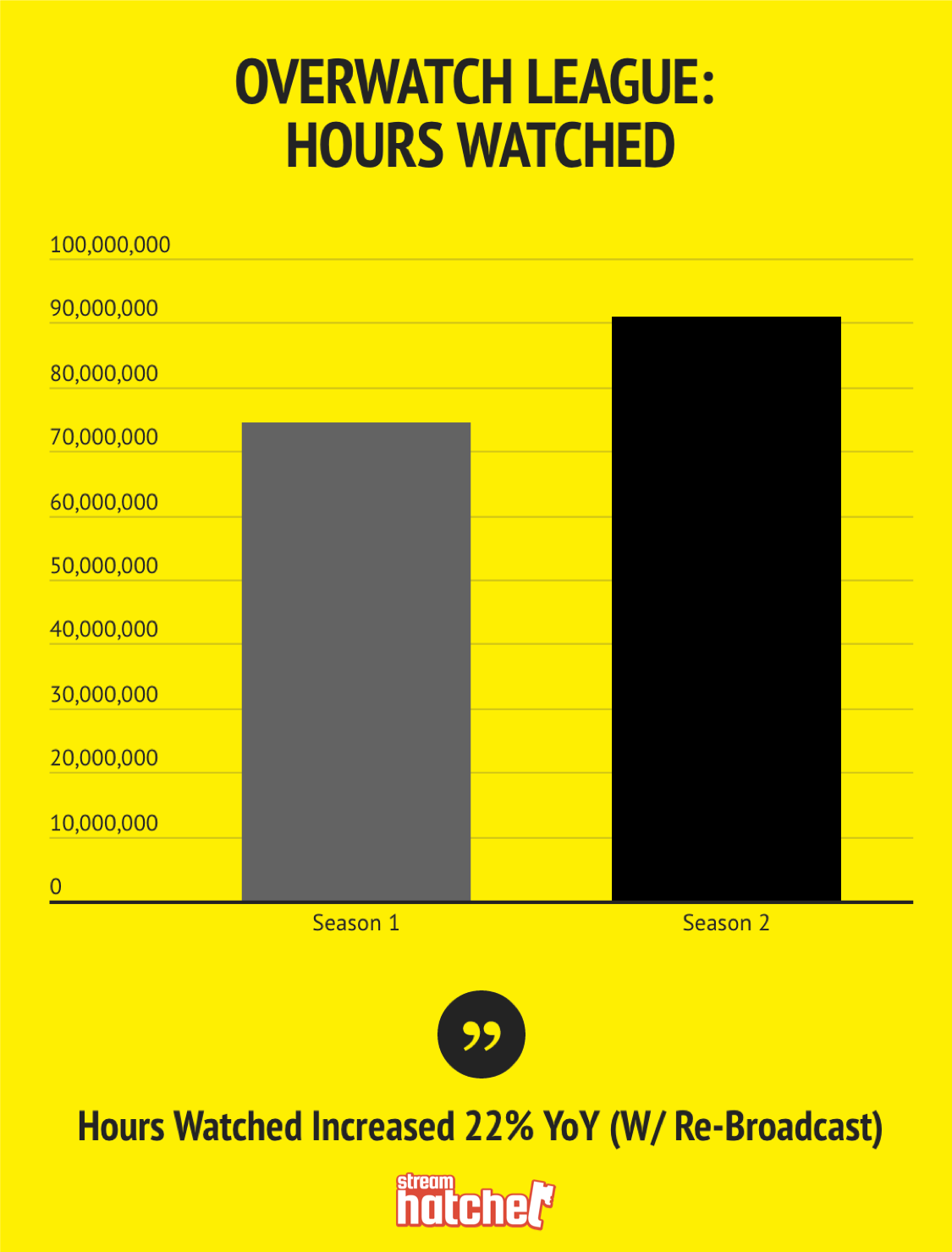
(Chart: The Next Level, Data: StreamHatchet)
THE BAD
TV: You would think that by showcasing 4 programs on a national broadcast channel like ABC would propel Overwatch League to the top spots of 2019’s TV Ratings. However, that wasn’t the case:

(Chart: The Next Level)
Activision-Blizzard even touted that the Stage 2 Finals “was the best performing broadcast ever across ABC/ESPN/Disney linear channels”. Well that’s fairly easy as ABC is the largest of those channels and has only broadcast Overwatch League for esports content.
Further, the reason that the Stage 2 Finals were #1 was that it led out to the NBA Playoffs showing directly after. If you look at the 3 other OWL programs, the average total audience was ~330,000, well below the Nintendo World Championships on CBS (which was a re-run of the event held months earlier) or the Madden Classic on The CW.
What’s even more remarkable was TBS’s ELEAGUE FIFA 19 Semi-Finals beat Overwatch League’s Stage 1 and Stage 2 playoffs despite being shown in much fewer homes and on a Friday night at 11PM aka TV’s graveyard shift.
Even further, the Season 2 Grand Finals didn’t even crack the Top 10 with a total viewership of 300,000 - granted there was competition from TwitchCon, ESL One and NFL Football.
Why did OWL generally perform so poorly on a broadcast channel with a great programming time of weekend afternoon? My 1-cent theory is potentially cross-marketing.
When ELEAGUE launched, there was promotion across Turner’s channels, advertising and even nationwide outdoor advertising. Outside of the press mentioning it would be on ABC, I personally didn’t see any promotion of OWL across Disney’s properties or ad campaign. It’s not like Activision-Blizzard doesn’t have the money for this.
LA HOMESTAND: While the Atlanta and Dallas homestands sold out, the Los Angeles one didn’t have the same feeling of excitement (it did have Kit-Kat as a presenting sponsor however). Was this due to the fact that so many games had already been played at the Blizzard Arena in Burbank? Maybe, but how will this affect Season 3’s expanded Home/Away schedule in different markets and especially Los Angeles with 2 teams?
EXECUTIVE DEPARTURES: On May 25th, in the middle of Season 2, Overwatch League Commissioner Nate Nanzer announced he was leaving Activision-Blizzard and went to Fortnite developer Epic Games to oversee their esports development. Even more interesting is that on May 1st, Epic Games bought Psyonix, the developer of popular esport Rocket League. You can absolutely expect more growth of Rocket League esports and maybe even a potential franchised league?
The Fortnite World Cup was also a huge success garnering a massive amount of press and crowning 16-year old Kyle “Bugha” Giersdorf with the Solo Championship and a whopping $3M prize. I’ve spoken to so many people across all demographics and walks of life and without fail they know that “some kid won a lot of money playing a video game called Fortnite”.
Less than a month later, Blizzard’s Global Esports Director, Kim Phan also left the company. When your two most high profile esports executives leave in the middle of the season of a newly minted franchised league, you don’t need to read the tea leaves to know that something is amiss.
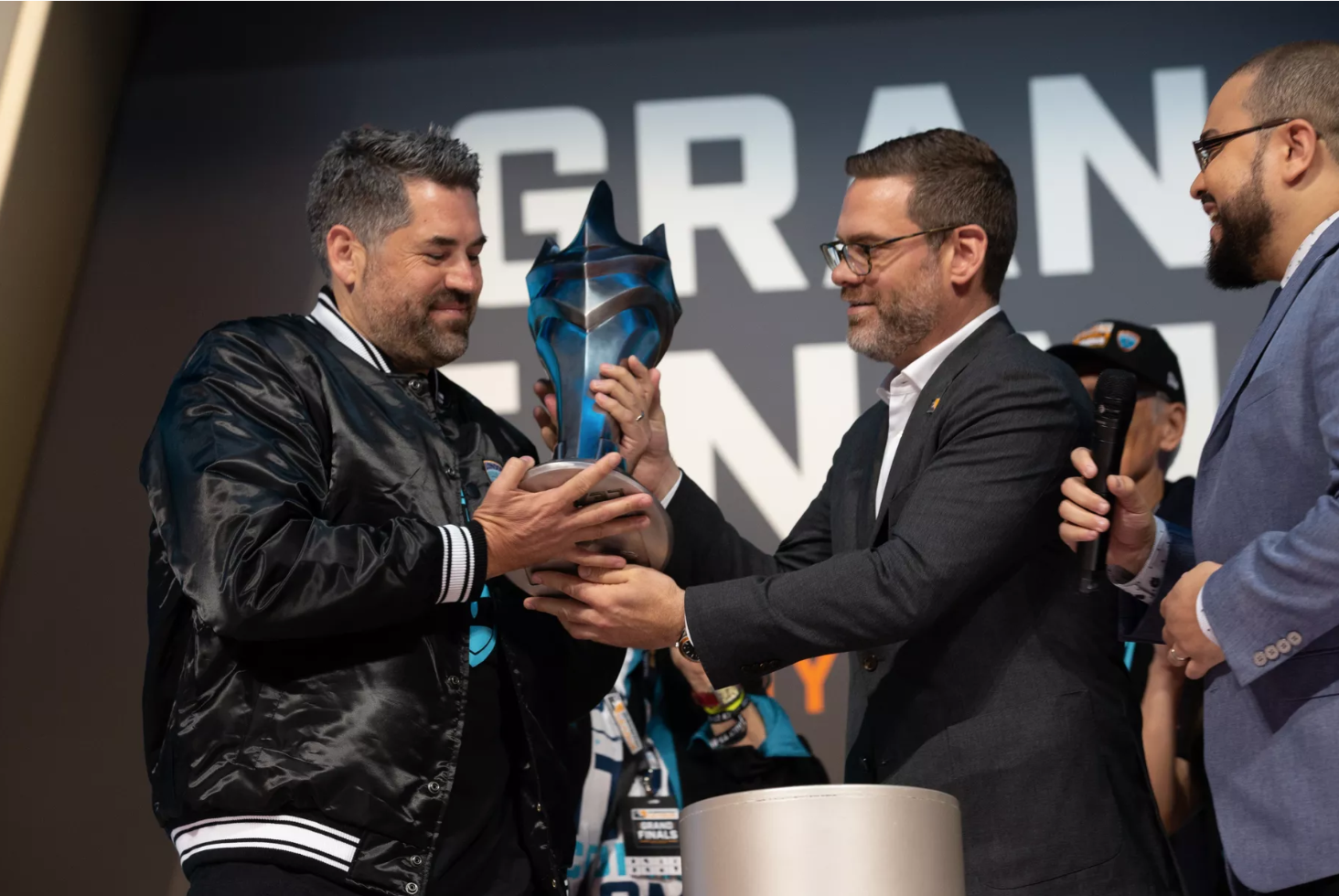
(Image: Blizzard/Carlton Beener)
THE UGLY
VIEWERSHIP: We finally get to my favorite esports topic of all: viewership. Let’s get a few things out of the way.
There had been reports that Activision-Blizzard was inflating Overwatch League viewership by having streams embedded within ads that played across third-party media sites. I won’t even bother linking to all the reports because they’re completely wrong. I spoke again with Kasra Jafroodi, Blizzard’s Strategy and Analytics Lead who addressed this:
“The main purpose of advertisement with the embedded Twitch player is to market your content and increase your fanbase (like all other marketing). It only becomes an issue when companies utilize it to inflate reported metrics. For example, some of Twitch’s metrics are counted at the moment the stream is loaded (like views or uniques) so advertising the embedded player directly increases those. One reason we like to use AMA (Average Minutes Audience) is because it is based on minutes watched, which is naturally weighted based on someone’s engagement in the content. For example, 1 person watching for 60 minutes is worth just as much as 720 people watching for 5 seconds each. However, if you were to look at views or uniques for that example, that 1 engaged person is worth the exact same as the 720 non-engaged people. When used correctly, measured accurately, and reported on fairly, embedded Twitch player ads can be an effective marketing tool.”
Basically, the “streaming ads” didn’t affect the overall AMA due to the limited engagement that a user may have contributed to by “viewing” those streams. In addition, some of the streaming ads were actually distributed by Overwatch League sponsors and not Blizzard themselves.
(Now Twitch on the other hand is a different story as they do report views and viewers to their brand partners. When I reached out to Twitch PR for comment on what they call NAPU - Native Ad Product Unit - I was given a “No Comment”)
Getting to the viewership data, Activision-Blizzard reported publicly that the Grand Finals brought in 472,000 watchers, and increase of 41% vs. the Season 1 Grand Finals. Here’s how the US 472,000 figure was calculated:
Digital + Linear
Hours Watched = 1,102,047
Minutes Watched = 66,122,831
Content Minutes = 140
AMA = 472, 306
While the mixing of both digital and linear could be considered “fair” for reporting the true total audience of the Grand Finals, I wanted to see what just the US digital viewership for the regular season looked like.
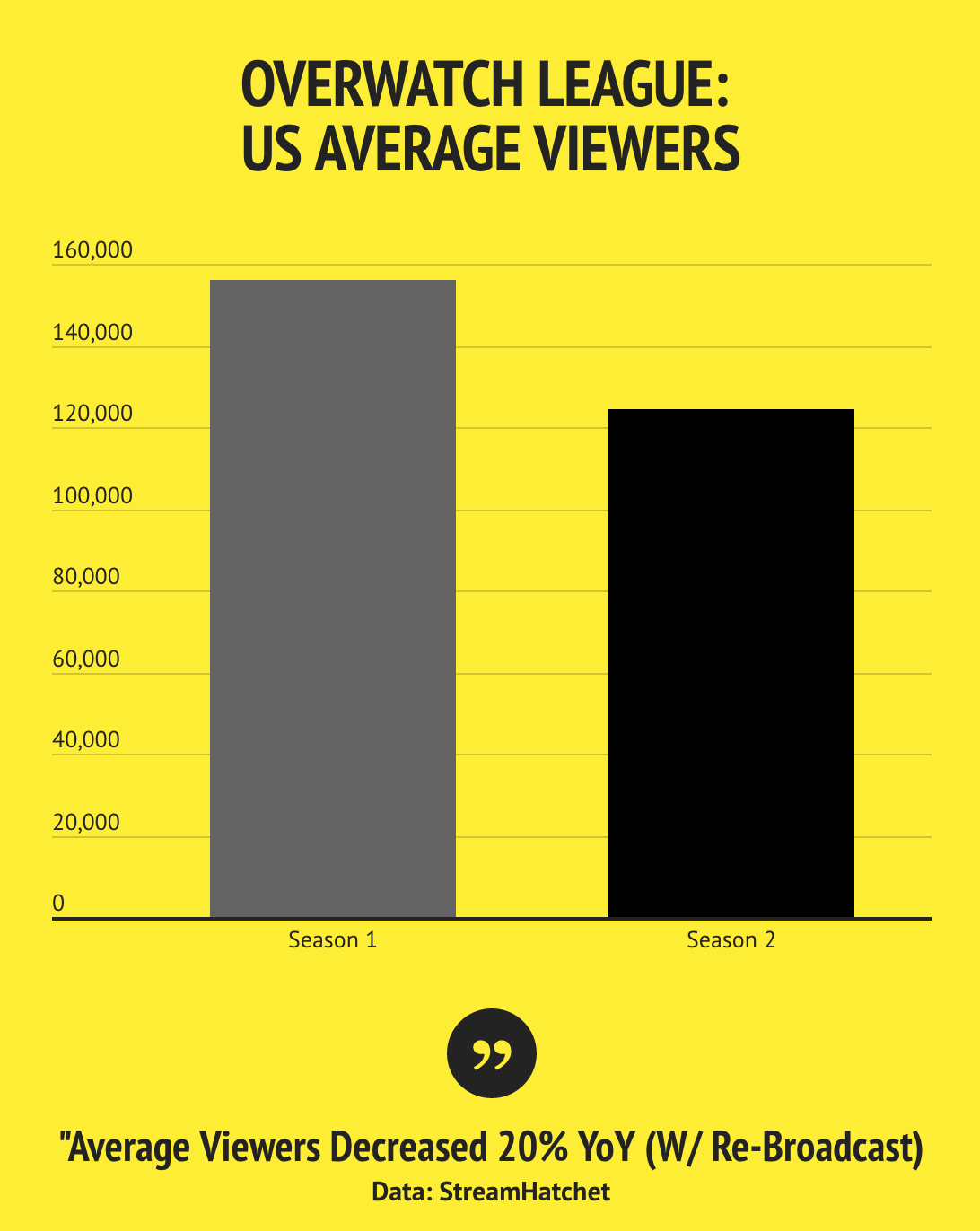
(Chart: The Next Level, Data: StreamHatchet)
A big qualifier here: This is comparing Average Concurrent Viewers per week between both seasons - not AMA. (Here's the primer again on what is AMA). As mentioned in the article, even if the simple "definition" of AMA is to take total hours watched divided by hours broadcast, we as an industry still need to come to a definition of what that specifically means: Live, Live + 24, Rebroadcasts, etc. In my opinion, Live +24 is the best option because it mirrors how TV is measured but we still need to address rebroadcasts and using "ads" for streams.
You may have seen reports that the Overwatch League Season 2 viewership had actually increased. That is also true because it’s taking into account one other important factor: that’s a global number that includes China. The International AMA was 218,000 for the regular season was.
SO WHAT’S THIS ALL MEAN FOR SEASON 3?
INTERNATIONAL VIEWERSHIP: Considering that 9 of the 20 teams are outside of the US, Overwatch League is now much more an international league than a domestic one. Now that there will be homestands that will held solely in Europe and Asia, I would expect that international viewership continues to increase and play a larger portion of the overall OWL total viewership.
MEDIA RIGHTS: There is no way that Twitch ponies up another $45M/Year for digital rights especially if the majority of the traffic is not coming from the US. So who’s going to get the digital rights and at what cost? TV will also be an interesting as you now have games held internationally so channels will either need to show tape delayed games/non-live or show live games at odd hours.
SPONSORS: Some Season 1 deals have expired and the canary-in-the-coal-mine for brand deals are renewals. Again with the international focus, how will domestic brands look at the Overwatch League market or will it be more global brands like Coca-Cola?
LOCAL REVENUE: It will be very interesting to see which teams are able to maximize local revenue the most: Ticket sales, merchandise, and event F&B sales.
TRAVEL: This area is going to be the biggest burden for teams for Season 3. Instead of just traveling to Burbank, they will now have international travel, much bigger travel expenses, and playing away games. Which teams will be able to handle this new challenge the best?
There’s a lot on the line for Season 3 and with the upcoming Call of Duty League starting in early 2020, Activision-Blizzard will now be managing 2 very different franchised leagues.
“Every gun makes it’s own tune” - The Good (The Good, The Bad and The Ugly)
